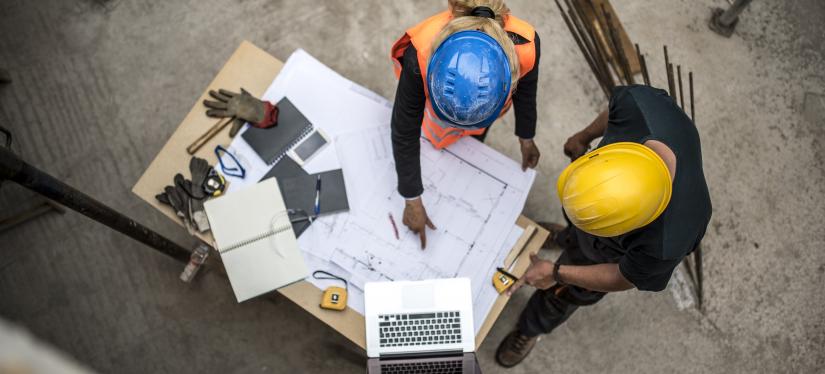
A newly released evaluation by the UTS Institute of Public Policy and Governance has found that Independent Hearing and Assessment Panels (IHAPs) are helping to improve local planning processes in NSW and ensure that planning decisions are based on expert assessment and advice.
Since the NSW Government introduced requirements for all councils in Greater Sydney and Wollongong to establish an Independent Hearing and Assessment Panel (IHAP) in March 2018, 34 IHAPs have been established.
The panels have been designed to determine certain types of local development applications on behalf of councils and provide expert advice to councils on planning proposals, with the aim of reducing corruption risk, promoting more consistent decision-making, enhancing expertise in decision-making, promoting faster decisions, and improving the capacity of councils to undertake strategic planning.
The interim evaluation report, conducted by the UTS Institute of Public Policy and Governance (IPPG), examining the implementation and performance of IHAPs between April and September 2018, found that the IHAP system was meeting its objective of ensuring local planning decisions are based on expert assessment or advice.
Department of Planning and Environment Acting Deputy Secretary, Policy and Strategy, Mr Brendan O’Brien, said the results echo the findings of the recent review of decision making in the NSW planning system by former NSW Deputy Police Commissioner Nick Kaldas.
“In less than a year since implementation the panels are already helping to improve decision-making and giving councils time to get on with strategic planning for their area,” Mr O’Brien said.
“This is consistent with recent findings of the Kaldas Review, which identified the positive impact of IHAPs in Greater Sydney and Wollongong, and recommended extending IHAPs to the Central Coast and Newcastle, together with greater probity, review and guidance for IHAP members and stakeholders.
Between April and September 2018, there were 251 IHAP meetings, with 875 development applications considered and 840 determined. The panels also provided advice on 99 planning proposals, making 120 recommendations.
“The UTS review found that referral criteria are largely capturing the volume and type of development applications expected, and panels are bringing a high-level of expertise to the local development determination process,” Mr O’Brien said.
“Our evaluation of IHAPs has found panel members have a high-level of expertise, mostly in planning and government and public administration fields,” said Professor Roberta Ryan, Director of the UTS Institute for Public Policy and Governance.
“The evaluation indicated that vast majority of surveyed directors of planning (86%), and experts (97%), involved in the panels reported that the IHAP process is operating well during this early implementation period,” Professor Ryan said.
IPPG also made five key recommendations to improve the IHAP system, which the Department of Planning and Environment has accepted, including:
- facilitating further training about the role of community representatives;
- providing further guidance to councils about the advisory role of panels on planning proposals;
- continuing to provide further education to relevant stakeholders on conflicts of interest;
- improving the collection and reporting of complaints data; and,
- investigating other ways to build confidence in the IHAP system.
The Department of Planning and Environment engaged IPPG to evaluate the performance of IHAPs in the first year of their operation. The evaluation includes an analysis of council data and feedback from panel members, councillors and council staff, community members and key agency stakeholders.
“As part of our ongoing evaluation, we are conducting a community survey to get a better understanding of applicants’, objectors’ and other community members’ experiences with and opinions about the IHAP system,” said Professor Ryan.
“We look forward to our continuing work with the Department to monitor and evaluate the panels’ performance, and helping to identify areas for improvement in the IHAP system,” said Professor Ryan.
The final evaluation report is due to be completed in May 2019.
To view IPPG’s report visit the Department of Planning and Environment website, under ‘Evaluation frameworks’.

